Suan Dusit University (SDU) has implemented a comprehensive Integrated Environmental Management Policy to promote environmental responsibility, protect aquatic ecosystems, and reduce pollution impacts both on campus and in surrounding communities. This policy reflects SDU’s institutional commitment to become a Green University, aligning its governance and operations with the UN Sustainable Development Goals (SDGs), particularly SDG 14 – Life Below Water. The policy was formalised through the Environmental, Energy, and Resource Quality Management Declaration (2022) and is continuously monitored under the SDU Risk Management Plan (2024) to ensure that all university practices uphold sustainability and environmental stewardship.
1. Water Discharge Guidelines and Standards (SDG 14.4.1)
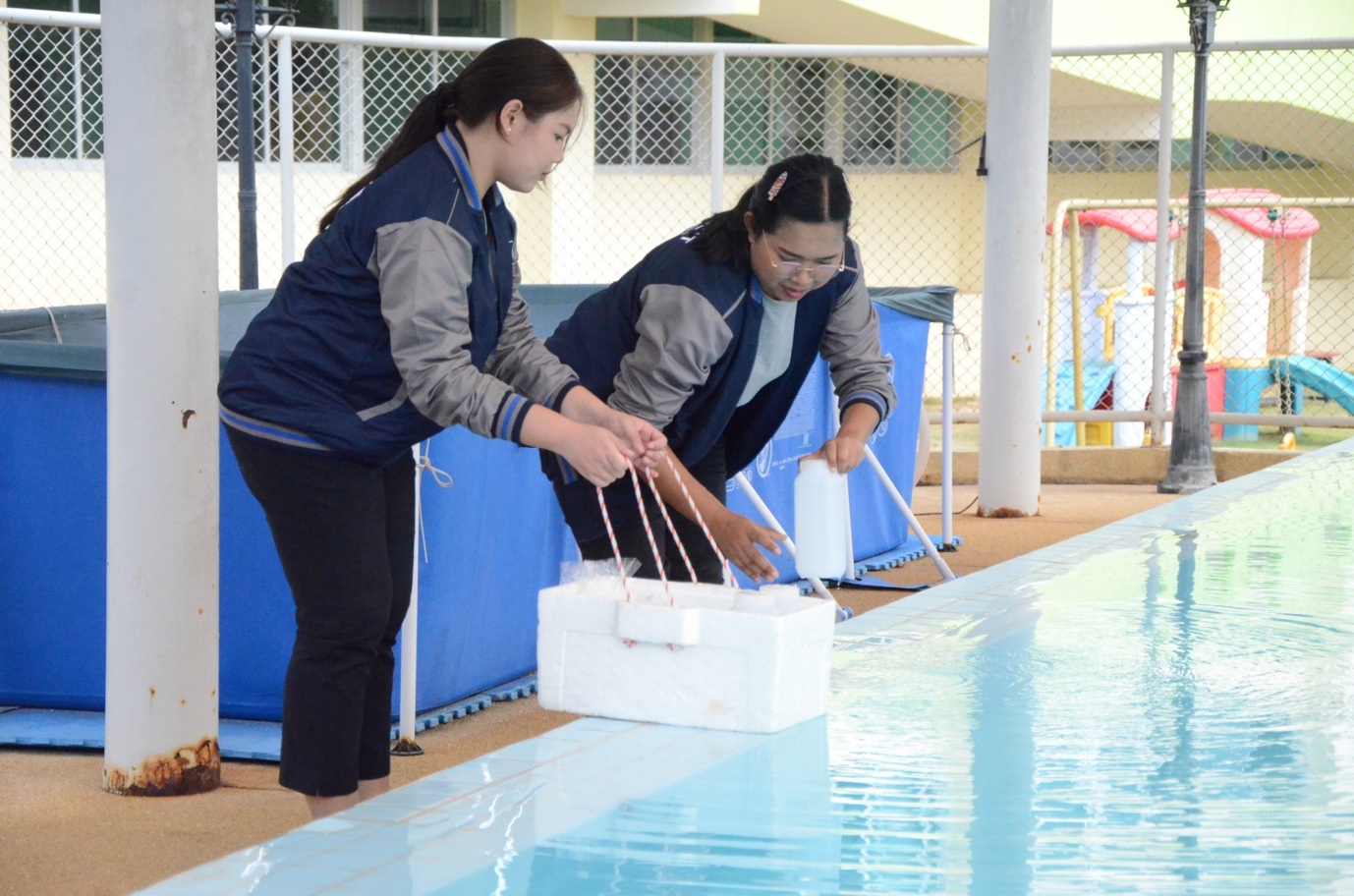
To safeguard water quality and maintain the health of ecosystems and communities, SDU has established Water Quality Guidelines and Discharge Standards applicable to laboratories, canteens, dormitories, and all operational units. The university’s wastewater treatment system operates under the supervision of the Department of Pollution Control’s regulations, with monthly inspections to measure Biochemical Oxygen Demand (BOD), Chemical Oxygen Demand (COD), Total Suspended Solids (TSS), and Dissolved Oxygen (DO).
The results are systematically recorded through the Hazardous Waste Management System and the Occupational Safety Committee (OSH) Reports, ensuring transparency and regulatory compliance. Moreover, SDU promotes water efficiency and water conservation awareness among staff and students through educational activities and environmental campaigns. This proactive management ensures that all wastewater discharged from campus meets national environmental standards and does not harm aquatic ecosystems, wildlife, or human health.
2. Action Plan to Reduce Plastic Waste (SDG 14.4.2)
SDU has adopted an institutional Plastic Waste Reduction Policy and a comprehensive Action Plan to eliminate single-use plastics and minimise non-biodegradable waste. Based on the 3R principles (Reduce, Reuse, Recycle), the university launched the “SDU Zero Waste Campus” initiative and the “SDU No Plastic” campaign, implemented across canteens, dormitories, and office areas.
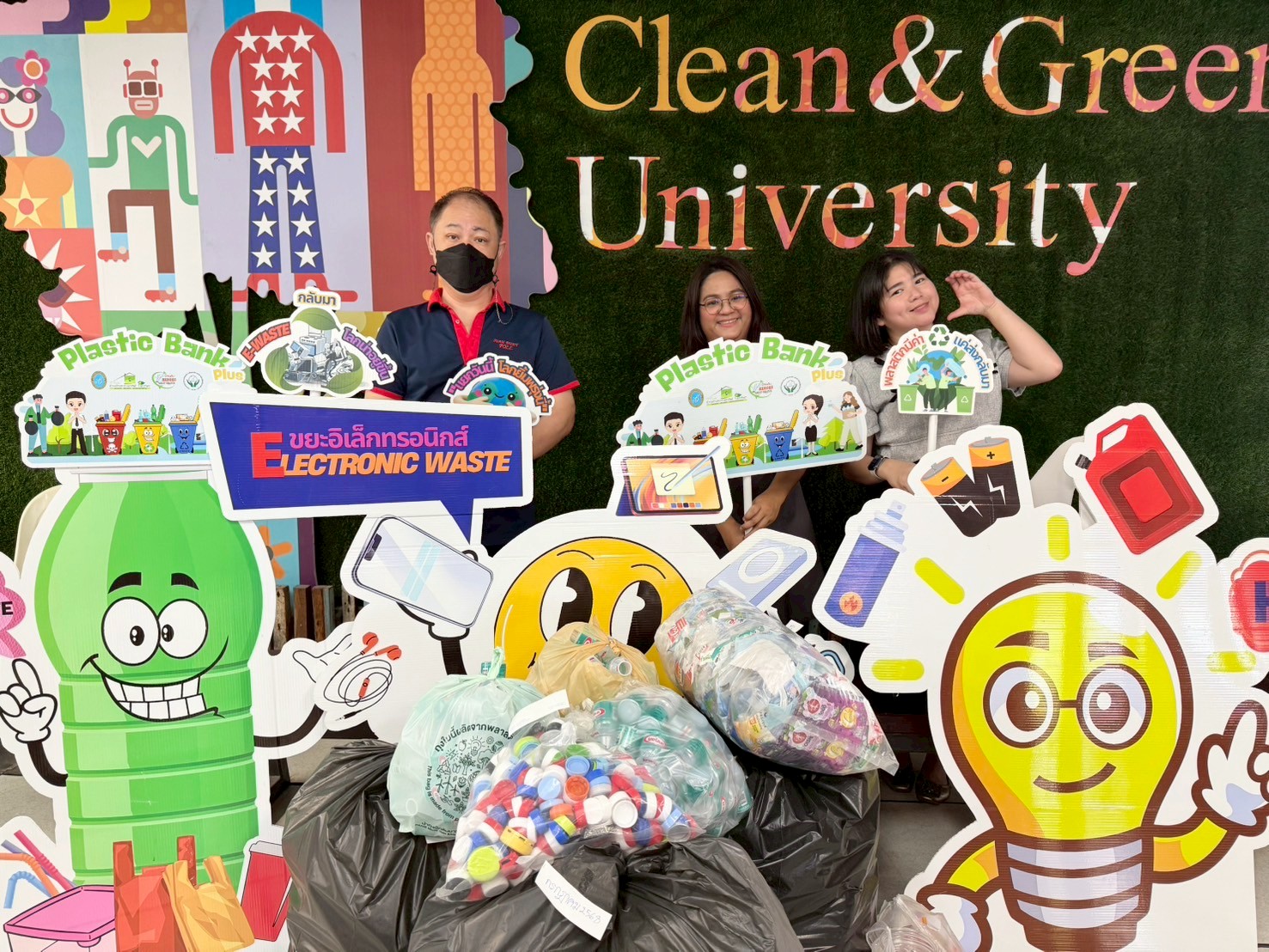
Waste segregation points have been installed throughout campus to facilitate recycling and reduce landfill waste. The university has also encouraged vendors and food operators to use biodegradable containers and environmentally friendly packaging. Furthermore, sustainable waste management concepts are integrated into academic courses related to environmental science, sustainability, and public health, providing students with experiential learning opportunities that strengthen responsible consumption habits and environmental consciousness.
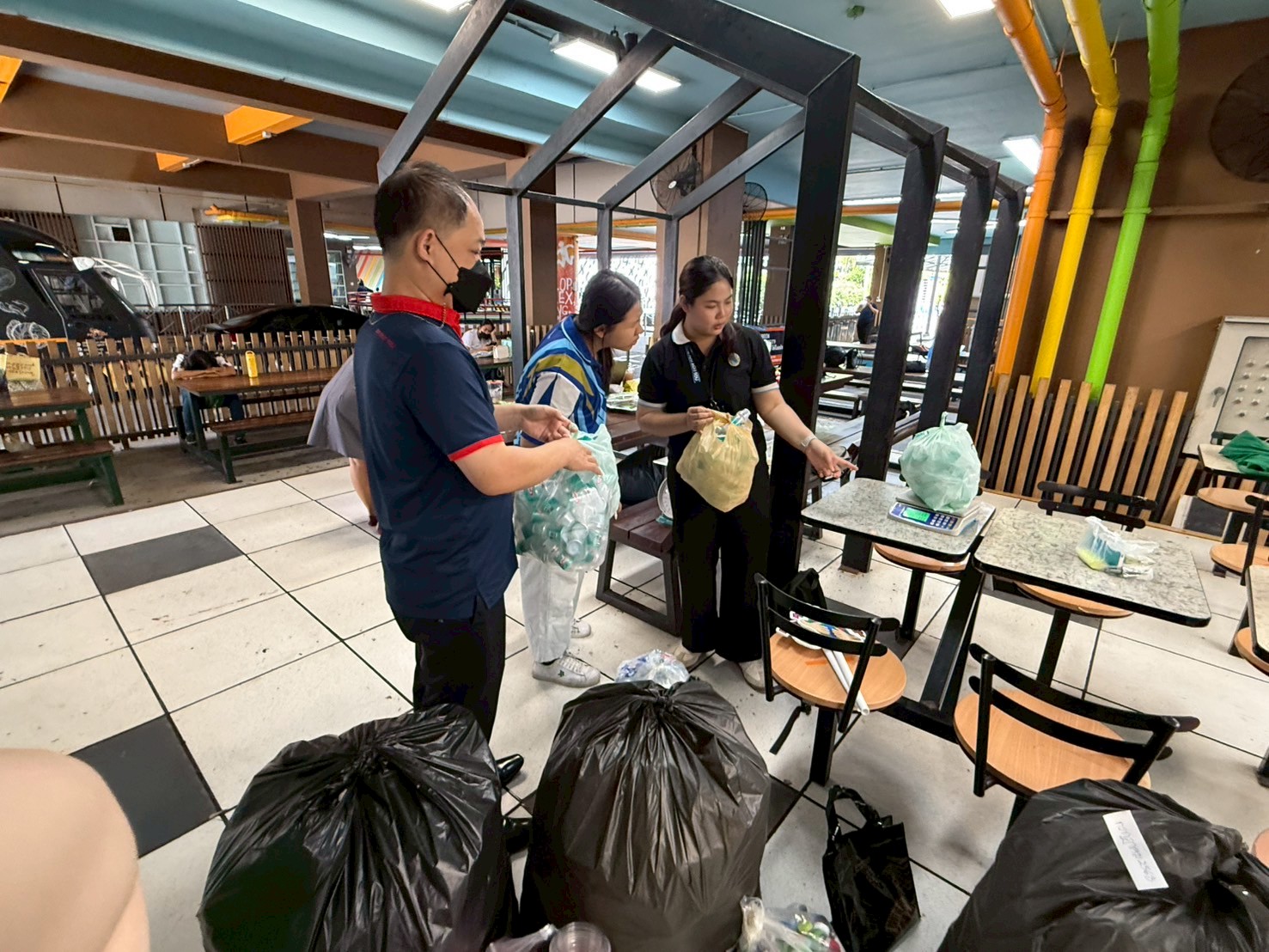
Through these actions, SDU aims to cultivate a Sustainable Waste Culture on campus—transforming plastic reduction from an institutional policy into a shared behavioural norm among its university community.
3. Policy on Reducing Marine Pollution (SDG 14.4.3)
SDU has established a Policy on Preventing and Reducing Marine Pollution, particularly from land-based sources, which are a major contributor to marine ecosystem degradation. The policy encompasses the management of solid waste, hazardous waste, and wastewater to prevent contamination of coastal and inland waterways.
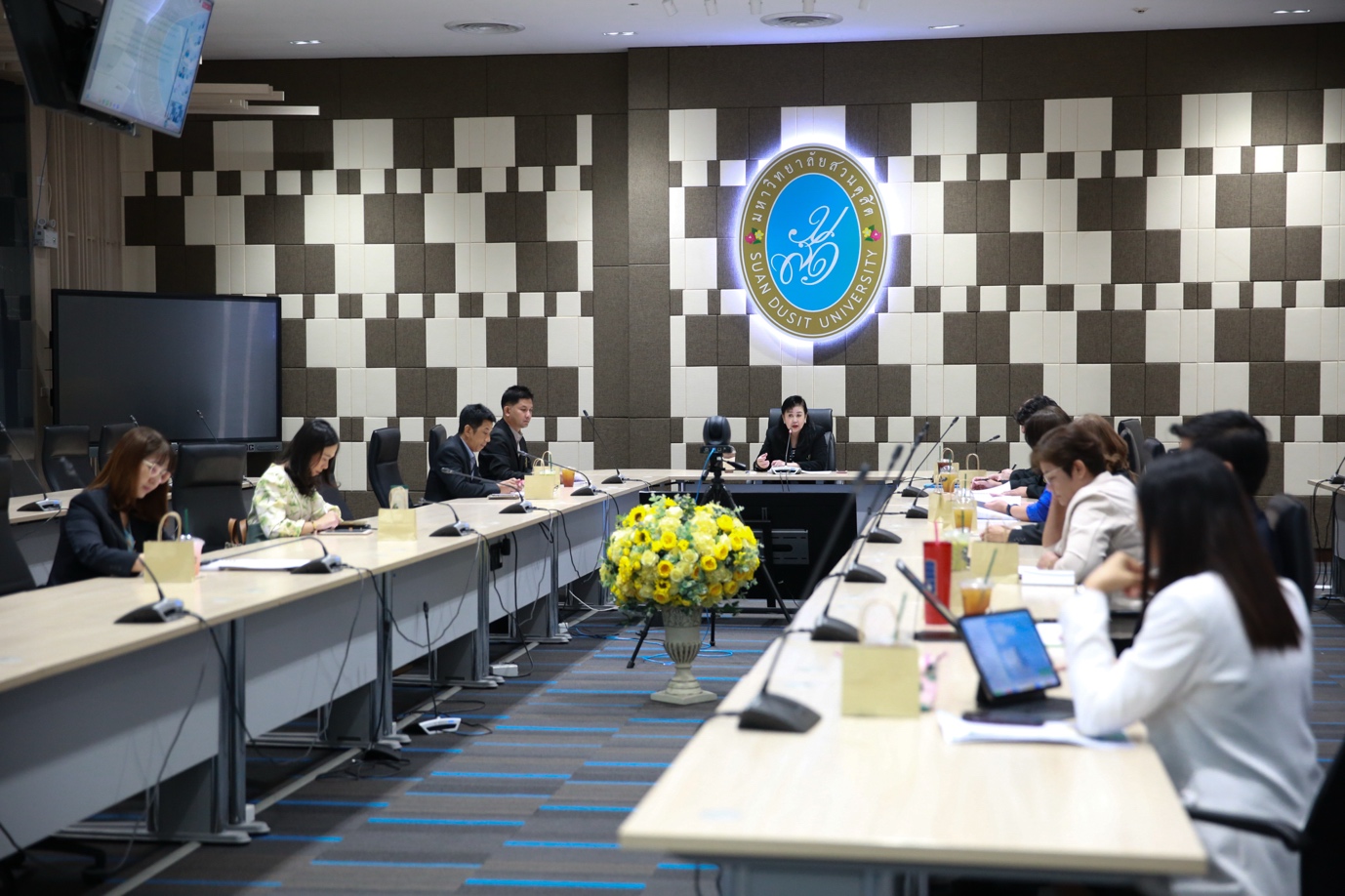
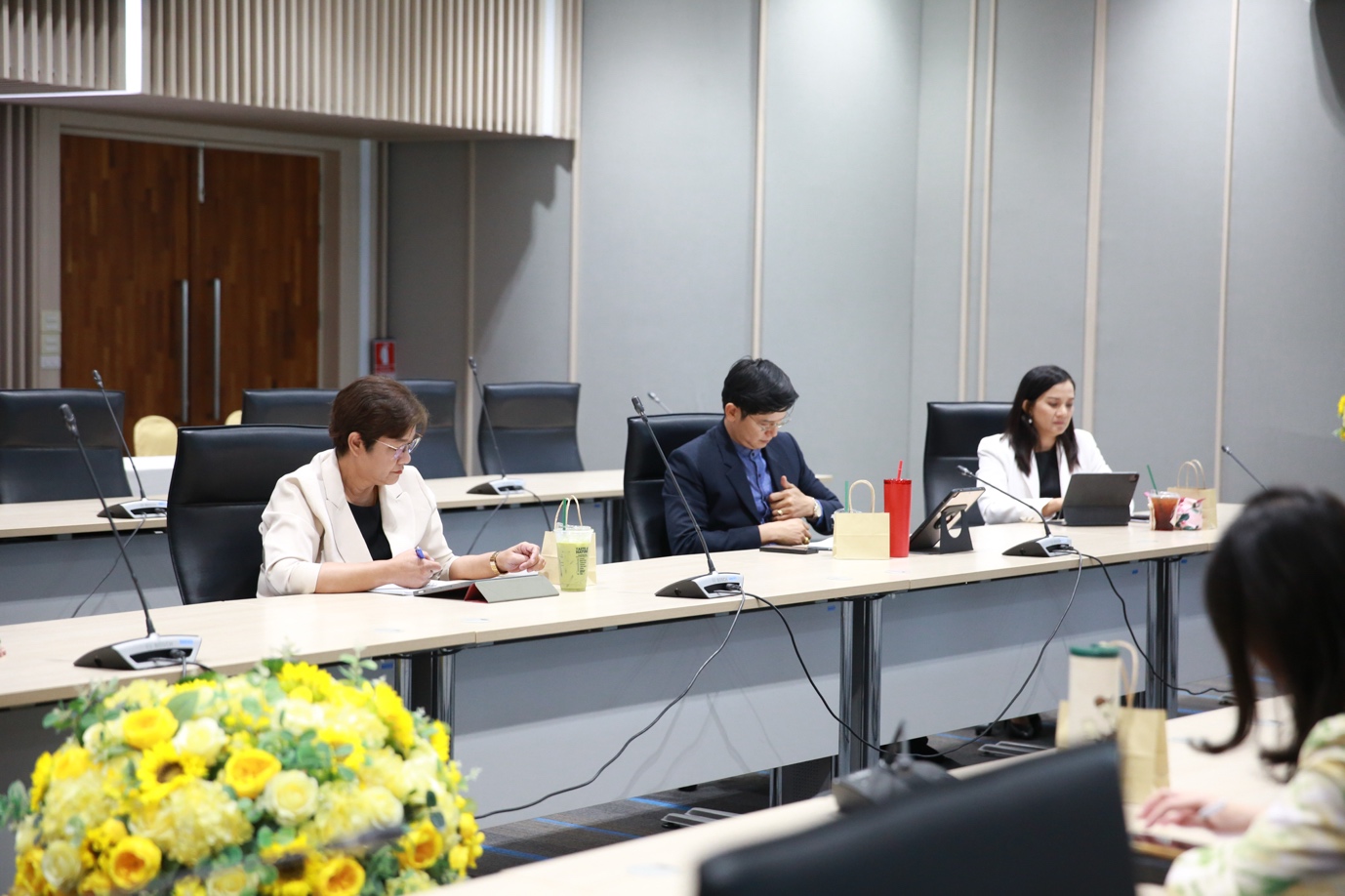
The Hazardous Waste Management System details protocols for classifying, storing, and disposing of 16 categories of hazardous materials. Dedicated containment facilities are equipped with impermeable flooring, proper ventilation, and fire suppression systems to prevent leaks and accidents. The policy’s implementation aligns directly with Thailand’s national environmental standards and supports marine pollution prevention efforts outlined in SDG 14.4.3.
All environmental operations are integrated into the SDU Risk Management Plan (2024), enabling systematic monitoring, risk assessment, and annual reporting to the Occupational Safety and Environmental Committee (OSH). These measures ensure compliance, accountability, and continuous improvement in preventing land-based pollution that could reach marine and freshwater ecosystems.
4. Outcomes and Institutional Impacts
The implementation of these integrated environmental policies has produced measurable results across multiple dimensions:
- Environmental Impact: SDU has effectively maintained wastewater quality, reduced plastic waste generation, and prevented marine pollution from campus-based activities, thereby contributing to ecosystem conservation and climate resilience.
- Community and Social Impact: Awareness campaigns and sustainability education have enhanced environmental responsibility among staff, students, and local partners, fostering a campus-wide culture of sustainability.
- Institutional Impact: The integration of environmental governance under the SDU Green and Clean Campus Framework ensures continuous policy monitoring, transparency, and alignment with international environmental management standards.
Through its commitment to responsible governance and sustainable operations, Suan Dusit University exemplifies how higher education institutions can integrate water quality management, waste reduction, and pollution prevention into a unified sustainability framework. The university’s policies and action plans stand as direct evidence of proactive institutional engagement to protect aquatic ecosystems and reduce marine pollution—demonstrating meaningful progress toward achieving the targets of SDG 14.4.1–14.4.3 and advancing the global mission of sustainable development for life below water.
Reference
https://www.dusit.ac.th/home/2024/1394971.html
https://sduzerowaste.dusit.ac.th/wp-content/uploads/2023/11/harzadouswaste-system.pdf
